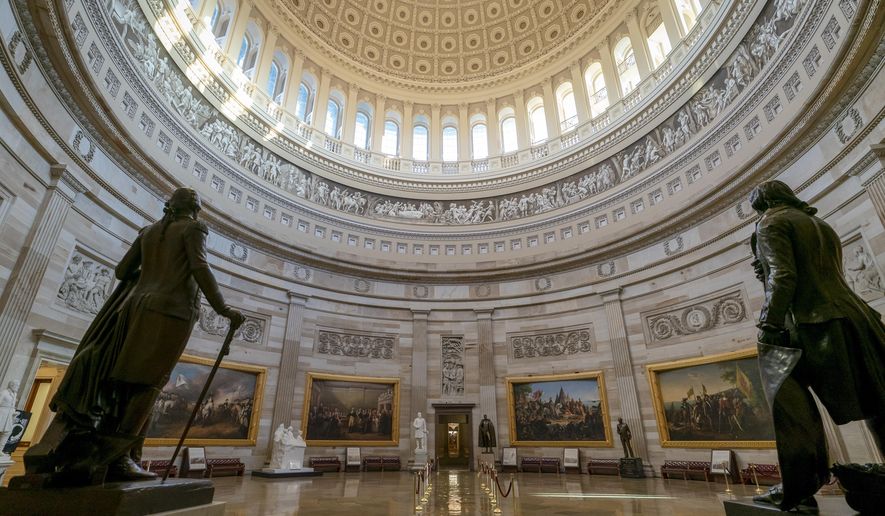OPINION:
With the 116th Congress in place and laying out its agenda, it is time for to get to work. One of the mostly closely watched committees for those in New York City and around the country will be the House Financial Services committee, which will be run by the newly appointed chairwoman Maxine Waters, California Democrat. Rep. Waters has come out swinging, telling the Center for American Progress in Washington, “the crisis was a result of Wall Street running amok. Large Wall Street banks are not subject to anybody and do great damage to our economy.”
Ms. Waters aims to change this lack of accountability for banks at a time when regulators continue to weaken safeguards put in place after the 2008 crisis, by announcing that the Financial Services Committee will hold a hearing in the spring to question big banks about their deceptive practices leading up to the 2008 crisis. This hearing comes at an interesting time, following a recent FDIC report that despite numerous scandals in the financial industry in 2018, U.S. banks pulled in a record $236.7 billion in profits last year.
Having chaired the Housing subcommittee during the 2008 crisis, I am uniquely aware of the disingenuous tactics that banks took to fatten their wallets and boost their bonuses. The biggest culprit of these deceptive tactics was Countrywide Financial, a bank that decimated minority communities while also defrauding other financial institutions. Countrywide, which was purchased by Brian Moynihan’s Bank of America in January of 2008 admitted its deception in a settlement with the Department of Justice in 2014 to the tune of $16.65 billion.
Within this settlement was a statement of facts that was a laundry list of misdeeds that included details on how Countrywide never verified the income of those they were giving loans to while charging high fees and typically represented their loans to investors as stable even though they had information that certain borrowers had a high probability of defaulting on their loans. U.S. Attorney Preet Bharara for the Southern District of New York said of the settlement that it “continues to send a clear message to Wall Street that mortgage fraud cannot be a cost of doing business.”
Ms. Waters should send that same clear message in her upcoming hearing. More than 10 years after the housing crisis, the adverse impact on minority communities remains. The goal of homeownership remains out of reach to millions in the minority community and there is still concern that we may be headed toward a deja vu moment in the near future without as many weapons in our arsenal as we did in 2008. It would have been unthinkable as recently as a couple years ago, but in 2018 President Trump signed into law the Economic Growth, Regulatory Relief and Consumer Protection Act, which enacts some key changes to the Dodd-Frank law passed in 2010 and lightens the banks’ regulatory burden.
In a recently published paper, former chief economist at the U.S. Department Commerce, Joe Kennedy highlights several weak points in the economy that may threaten continued expansion. One such example that should grab the attention of Ms. Waters is his conclusion about the weakened trust and integrity of the big banks which has created a barrier to stop another collapse. This distrust is not unfounded, especially as some continue to make public claims that they are not accountable for the 2008 crisis and reflect that same sentiment in dragged out lawsuits that have been going on for nearly 8 years.
One such example is a fraud case involving Bank of America’s Countrywide. This nearly $4 billion lawsuit aims to do what Ms. Waters will do with her hearing, hold banks accountable for the actions of their past to dissuade them from doing it again. The case is also set to go to trial in the spring, so I would not be surprised if some of the rulings or testimony makes it into the hearing.
With the new Democratic majority solidly in place, it is time for Congress to get to work and actuate real change and progress for the American people. The age of “too big to fail” is over and the banks that refuse to take responsibility for their actions nearly a decade ago will be held to account.
• Edolphus “Ed” Towns Jr. is an American politician from New York who served in the United States House of Representatives from 1983 to 2013. Towns served as the Chairman of the House Oversight and Government Reform Committee from 2009 to 2011.




Please read our comment policy before commenting.